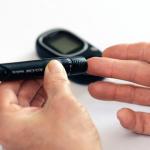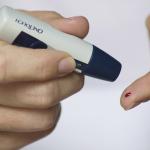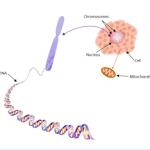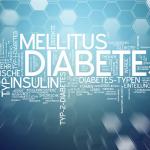With the tragic death of beloved actor Luke Perry of television’s Beverly Hills 90210 and Riverdale fame secondary to last week’s reported “mass
diabetes
As a society, we immediately understand a broken arm. A gaping wound. The wasted appearance of a body overrun by cancer.
A bus driver involved in a crash was charged with “child endangerment, driving while impaired and possession of drug
Type 2 diabetes is a growing problem, a complicated interaction of genetics, the gut microbiome, diet, and lifestyle.
There is a lot of chatter whenever a larger baby is born and exceeds a hospital’s record. The media storm that follows, social and mainstream, makes for the viral nature of the images.
Deductibles and co-payments are meant to make patient’s think twice about seeing physicians, making them pay a bit more to use the insurance benefits they already pay – skin in the game.
A new report published in BMJ Journal: Injury Prevention opts to reframe how we interpret data on preventable, premature deaths by using an “en
The data-miners have found a new vein of data, the UK Biobank, which contains genetic information on about 500,000 of their citizens.
The American College of Physicians (ACP), a professional society representing internal medicine, primary care physicians just released their newest guidance statement for managing diabetes.
Diabetes is a well-known risk factor for cardiovascular disease.












